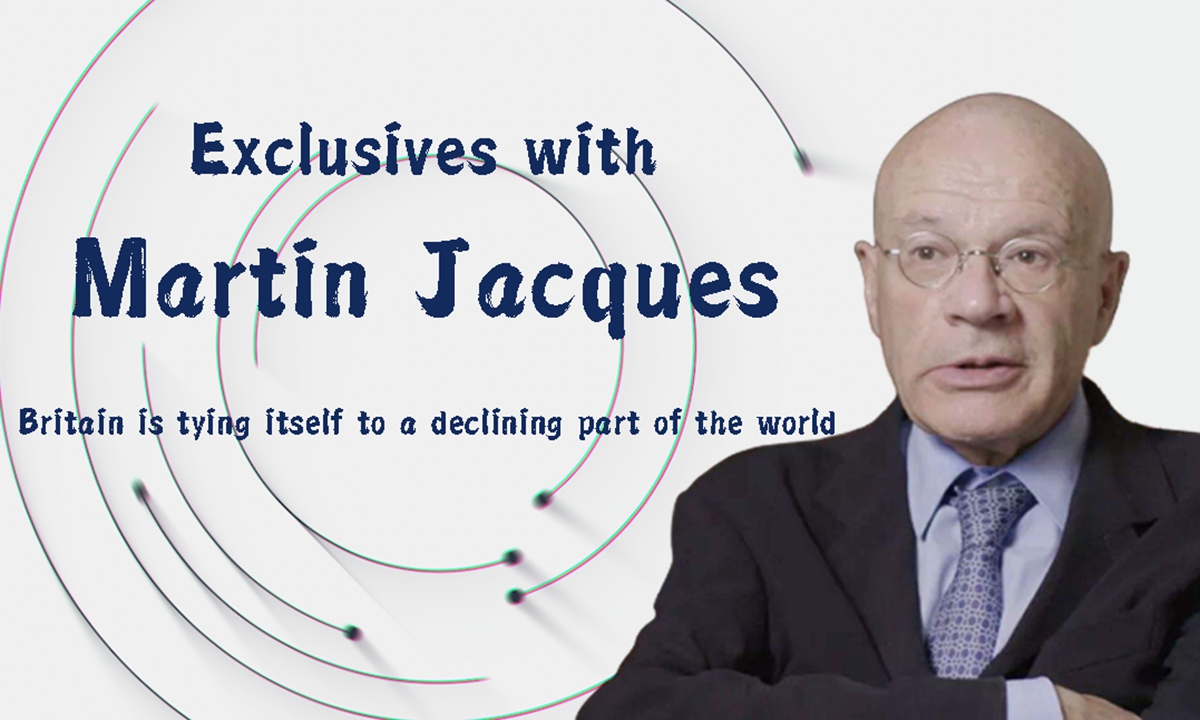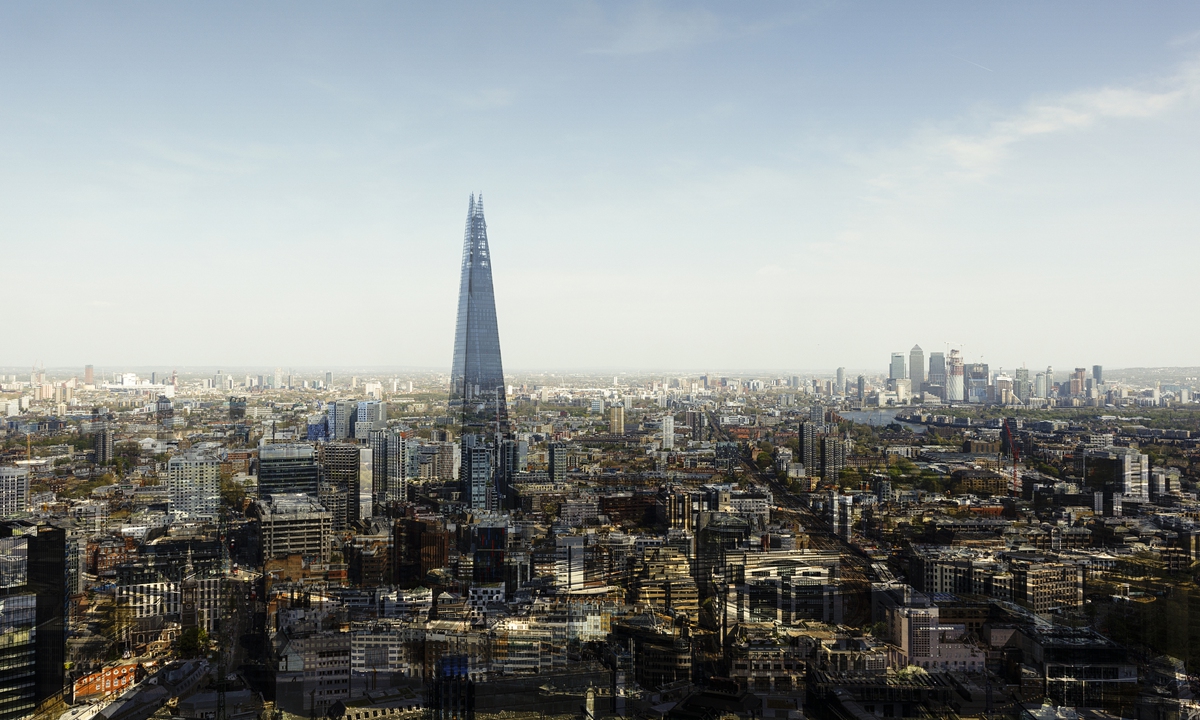Largest immunisation plan in nation’s history to end the war
We are targeting as much as 80% of the population or 26.5 million Malaysians to receive the vaccine free of charge.- Tan Sri Muhyiddin Yassin
The country will embark on its largest ever immunisation programme, involving some 80% of Malaysians, when free Covid-19 vaccines roll out at the end of the month, says Tan Sri Muhyiddin Yassin.
The Prime Minister also warns that stricter enforcement and harsher penalties – including jail terms – will be imposed on anyone who flouts pandemic regulations.
PETALING JAYA: The country will embark on its largest ever immunisation effort when the national Covid-19 vaccination programme, targeting some 26.5 million Malaysians, rolls out at the end this month, says Prime Minister Tan Sri Muhyiddin Yassin.
“We are targeting as much as 80% of the population or 26.5 million Malaysians to receive the vaccine free of charge,” he said in a special live address yesterday.
He said the first batch of vaccines from Pfizer and BioNTech would be arriving soon, describing this as a “ray of hope” for the nation in its fight against the virus.
“The first phase of the immunisation programme will involve the vaccination of 500,000 medical and non-medical frontliners, which is expected to be completed by April,” he said.
The second phase, he added, would involve those in high-risk groups such as those 60 years and above, with heart ailments or high blood pressure, were obese or diabetic, and the disabled.
“A total of 9.4 million people (from high-risk groups) is expected to receive the vaccine under the second phase from April to August,” he added.
Muhyiddin said that the third phase would involve the rest, aged 18 and above, with vaccinations to be carried out from May this year to February next year.
“The national Covid-19 immunisation programme is the largest vaccination programme ever to be carried out in the country.
“I call on all Malaysians to mobilise available efforts and resources to ensure the success of the programme.
“We are all in this together, and only together can we win,” he said.
He stressed that the vaccination programme was crucial as it would help the country develop herd immunity, which would bring the pandemic under control.
Muhyiddin added some 600 storage and vaccination centres would be opened nationwide for the programme.
He said that authorities would rely on the Emergency Ordinance 2021 to temporarily use halls and other facilities for the vaccination rollout.
He also promised that more details on the immunisation programme such as registration, location of vaccination centres and related information, would be made known in due time.
Muhyiddin said that Science, Technology and Innovation Minister Khairy Jamaluddin has been tasked with overseeing the programme to allow the Health Ministry to focus on healthcare services in fighting the pandemic.
On a separate matter, Muhyiddin said that private hospitals had stepped forward to contribute 1,409 beds to help treat Covid-19 patients, which would ease the pressure on government hospitals, and 1,344 of these beds would be in regular wards and 65 in intensive care units (ICUs).
He added that the Health Ministry also set RM27mil to work with 31 private hospitals to outsource the treatment of non-Covid-19 patients.
Muhyiddin also said that concerted efforts would be made among public and private medical laboratories to increase Covid-19 screening capacity.
Currently, he said 68 government and public laboratories had the capacity to carry out 76,000 Covid19 tests daily.
He added that 16 former National Servive and Kem Wawasan camps would be temporarily turned into detention and quarantine centres for illrgal immigrationys and inmates to lessen overcrowing.
Related:
'Vaccine not the only factor in drop' | The Star
Senior citizens look forward to be vaccinated | The Star
Related posts:
Vaccine distribution shouldn’t lead to catastrophic moral failure
Inject awareness’ of how Covid-19 vaccine works
China needs to lead global vaccinations
















